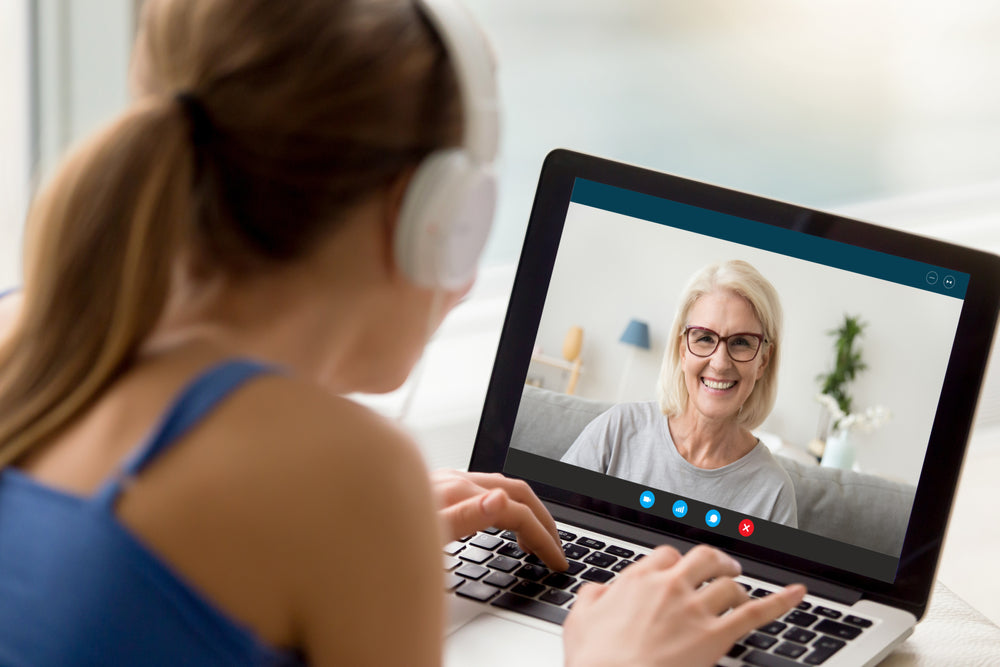Many aspects of our lives have changed since the rise of current public health threats. We all had to make adjustments, balancing the factors arising from this "new normal." Where the situation has given rise to many challenges in the employment, education, and other sectors of life, care-givers for inpatients and housebound aging adults are also facing difficulties.
With the lockdown, staying at home - especially if you are a caretaker for the elderly or people with limited physical and mental abilities is tough to balance. Fortunately, despite the difficult situation, there are many things you can do to keep your caregiving relationship flourishing. Whether you live together or separately, the following small measures can make a big difference. Here are some tips to help you get started.
1. Keep Up a Routine
People with dementia usually feel anxious when there is a change in routine. That is why it is important to maintain the routine during the lockdown. For example, you may not be able to walk to
the café or go to the same store, or church. Try to find alternatives such as armchair exercises,
garden walks, online church service, and a "morning coffee" for daily sitting, perhaps via Skype or Zoom with other family members. Regardless of the new plan, try to maintain contact at the same time every day and every week.
2. Arrange multiple entertainment channels
In addition to retransmission of several TV series from the 1990s, there is no other new content to watch on TV. Now is the perfect time to tear your parents away from the typical series and present a more attentive way of entertainment in the form of a network series.
3. Discourage your loved ones from watching too much news
Constant banter about the spread of health threats and the number of deaths will make your parents/grandparents more worried than they are. That's why you need to stop them from constantly watching the news. Share positive and motivating messages with them.

4. Send care packages or letters
One aspect that many people struggle with is the lack of physical contact with people. One way to pretend to be physically connected is to send something good to the people you care about. Whether handwritten letters or care packages, sending tangible things can greatly improve the situation of loved ones. Consider including some items they like and encourage them to write back.
5. Music therapy
Everyone knows that music is not only a good way to exercise, it can also relax, stimulate, and evoke people's memories, which is good especially for people with dementia. Dig out old discs or CDs for
playback and arrange an online music session with the aging loved ones to enjoy it with. Collect playlists on Spotify or create your own. If you have relatives or friends playing musical instruments, we are happy to bet they are willing to record video or audio for you. The benefit of everyone being locked is that we are all using our creativity and looking for various ways of entertainment (grandchildren will be happy to show off!)
Life seems strange these days, but it is our interpersonal relationships that help us to endure hardships. By spending time and maintaining social contact, you can help yourself and the people you care about.
Remember, cognitive decline and stress can cause confusion. You will have to remind your loved one with dementia why you can’t go out often or why you don’t visit too often.
Regardless of whether you live with your loved ones or staying away from them, we all are facing challenges. However, knowing some strategies to deal with the situation can make everything look easier.
 Fast, Free Shipping On All Orders
Fast, Free Shipping On All Orders 
